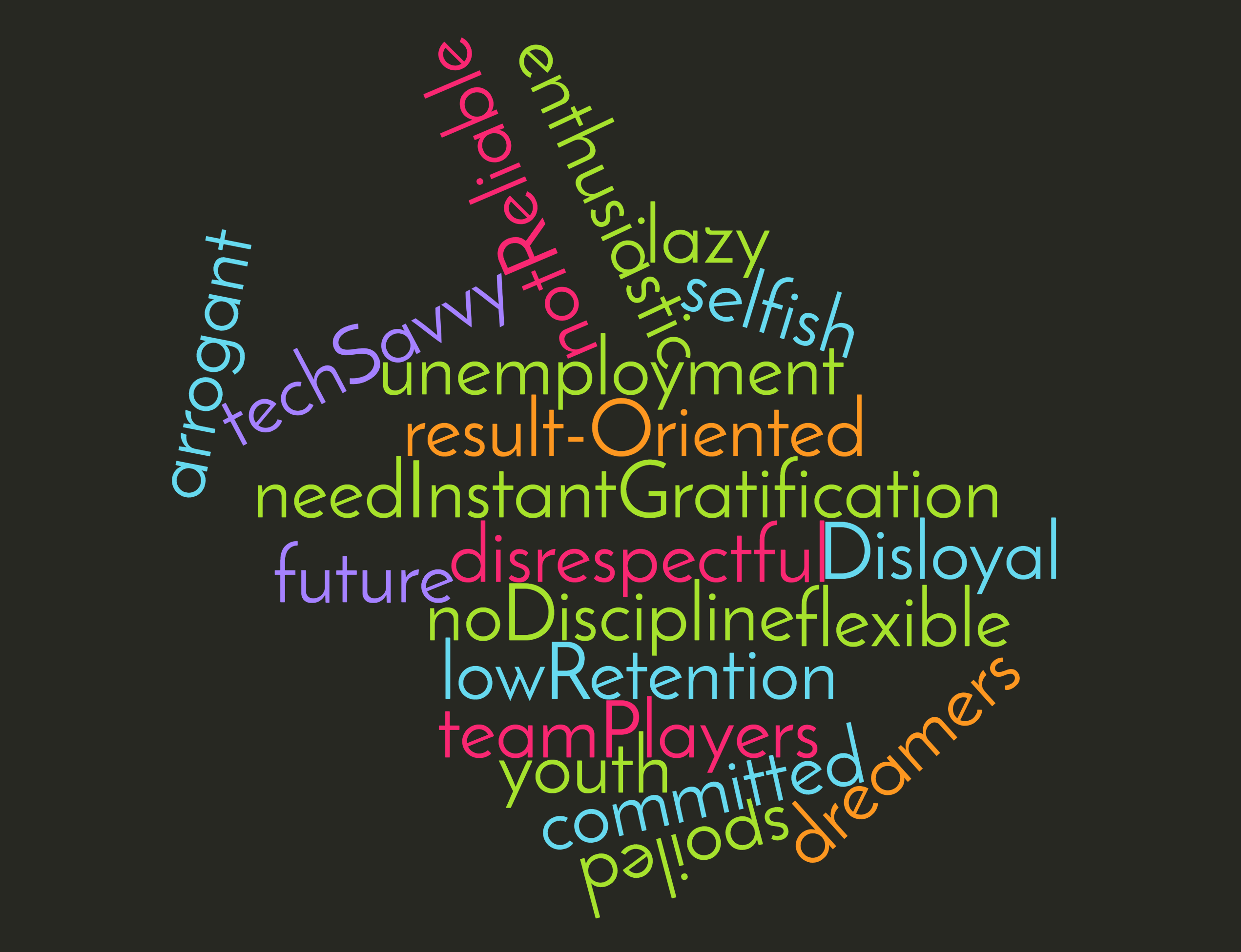
The idea has been turned into a plan and now the plan into a product. What’s next? To have the product in the hands of people that value it. How is that done? Simple: by selling. For many first-founders out there this is a huge roadblock as selling is not something that comes easy. Sales is, yet, a crucial skill and a component of the product development process. For founders, sales is of an even greater importance as they alone must create and transfer value for a product to gain traction. For those founders that may not be as sales-inclined, these simple strategies will work to develop sales skills.
To show the importance of sales for first-time founders, here’s a quick example. Meet Tom: Tom is a superb developer and has just created an app that tracks the migratory patterns of birds worldwide. Tom knows that there is a market for his application and works tirelessly to continuously update and improve. Tom has no resources for marketing or to hire employees but hopes that people will see the value from looking at his simple website.
How successful will Tom be? Tom will likely achieve little success or none at all. Why?
Tom failed to actually sell his product, hoping that the value would translate automatically. As the sole founder, Tom must wear all the hats: developer, designer, marketer AND salesperson. While this may seem daunting, founders are the only people able to sell their product in the early going. This is the founders’ advantage: they have already convinced themselves so, with strategy and practice, they will be able to convince others.
Use your network to your advantage
The first step is to utilize your available network to learn and improve upon your selling. For an early-stage or freelance venture, this is a great resource as it usually doesn’t cost anything. Reach out to familiar contacts who work in a sales or business development capacity and ask for actionable suggestions. Politely request to shadow them to better understand how they work, best practices, strategies and so on. It is important to shadow more than one salesperson as every individual will approach selling differently. Additionally, you will want to shadow at least one salesperson from every individual market you’re looking to target. Being exposed to different methods will give you more options to test out yourself.
Take time to develop a plan of what you would like to observe and questions to ask the person you’re shadowing. For developers, I would pay close attention to the language be utilized (a mixture of technical and non-technical elements) and the “flow” of the conversation (value proposition communicated between the middle and the end). Other general things to watch for:
- Preparation before the conversation.
- How the salesperson builds rapport and familiarity with the prospect.
- Crafting a value proposition.
- What communication channels are utilized and for what purpose.
Identify your sales personality
After shadowing several salesperson and learning of their methods, you should now have a good idea of how to approach a sale. Through your research you also would have uncovered different strategies, or sales personalities, that can be used. Next would be to hone in on the sales personality that is best suited for you (and your product). The critical element here to do some honest, internal reflection on your own personality (outgoing, introverted, energetic, confident, etc.) and how you interact in the business world. This identification process will help to identify what sales approach will feel “natural” to perform, with minimal effort. Here are some quick examples:
- If your personality leans more towards outgoing and energetic, you would likely be best-suited following the Challenger sales model.
- For those that are more reserved and easy-going, try following the Relationship sales approach.
Build a suitable process
Until your sales approach has been perfected and revenue is continually being generated, the sales process will remain central. Think back to when you were shadowing the seasoned salesperson and ask yourself the following: what tools were they using and why? On what schedule did they contact prospects? How soon and often did they follow up? How did they log their activities? These are just a few of the many questions that will help in building functional sales process. At the early stage, it’s best to focus on testing different methods on through a few channels. From this you will be able to establish some history and uncover patterns amongst your efforts. Remain consistent in logging activities and resist the urge to integrate a large number of moving parts early on.
Test, log, repeat
Practice makes perfect, and sales is no different. As a sole founder, software developer, freelancer, etc. you should be focused on two activities, almost exclusively:
1) Developing your product to the best of your abilities.
2) Selling yourself and your product all the time.
That’s it. Without a product, you have nothing to sell. And without sales, no one will ever know how great your product is.
A great founder is one who constantly works on their sales skills, whether it’s trying to convince an investor or attempting to persuade a friend to go for Thai instead of Japanese. Integrating sales practice into your daily life gives you more opportunity to practice and will make it feel more natural when selling in the business world. Learn to view real world interactions as an opportunity to exert your influence and further extend your reach.
Trust the process
With the strategies laid out previously, any first-time founder will able to make their sales adventure significantly less daunting. As with anything, taking time to learn, practice and execute will lead to positive results. For those founders from software backgrounds, take the time find out what works and doesn’t work for you when it comes to selling. Be patient. Sales is not something that comes naturally for everyone but with enough time and effort, things fall into place.
If you find this post interesting, subscribe to our newsletter to get notified about our future posts!








